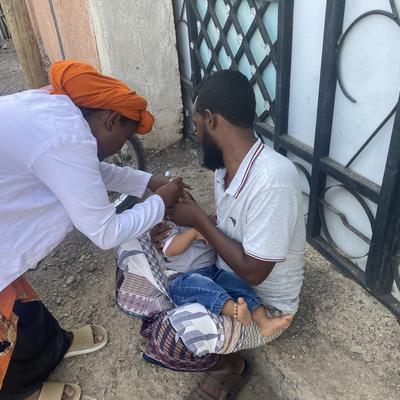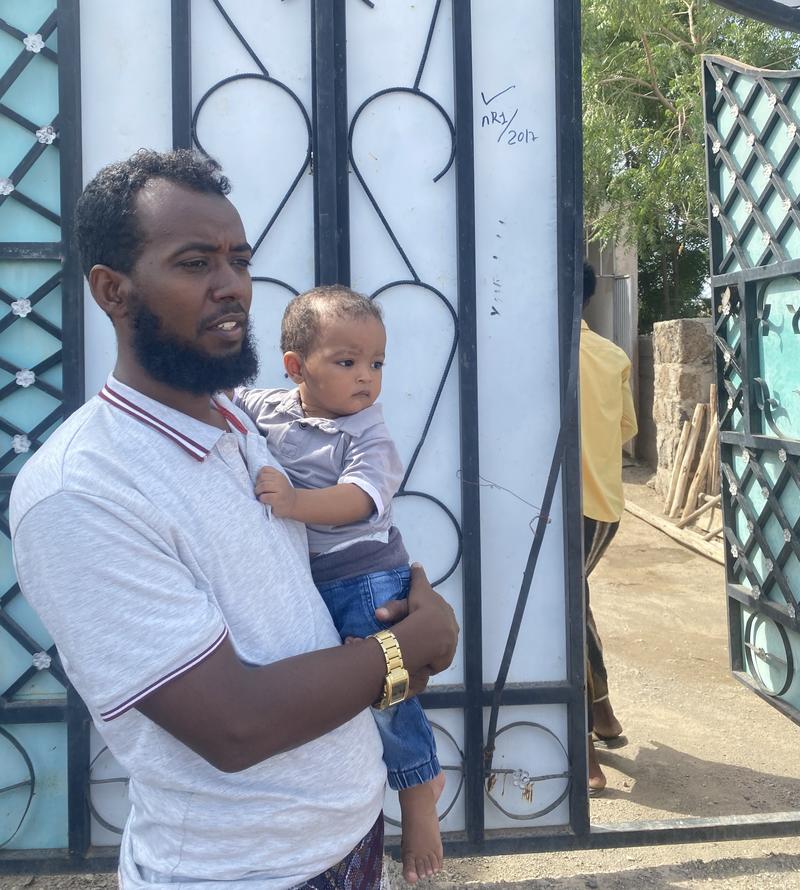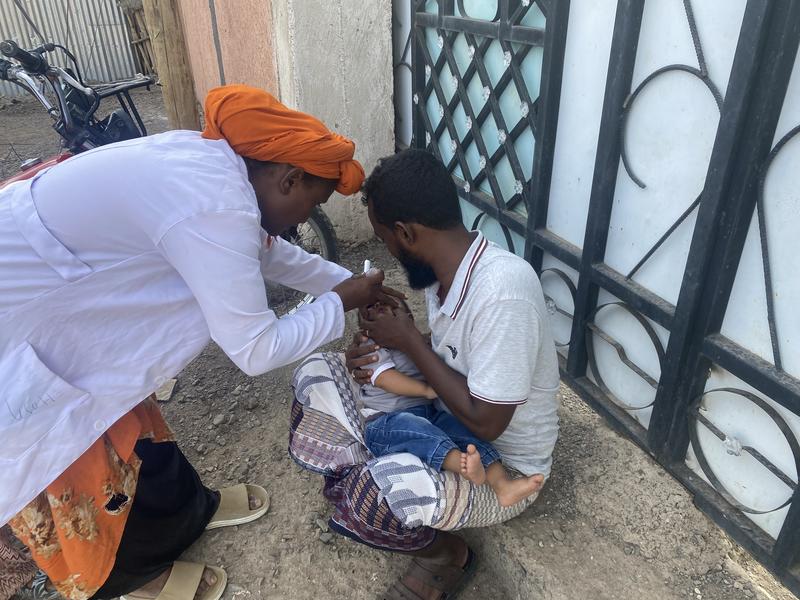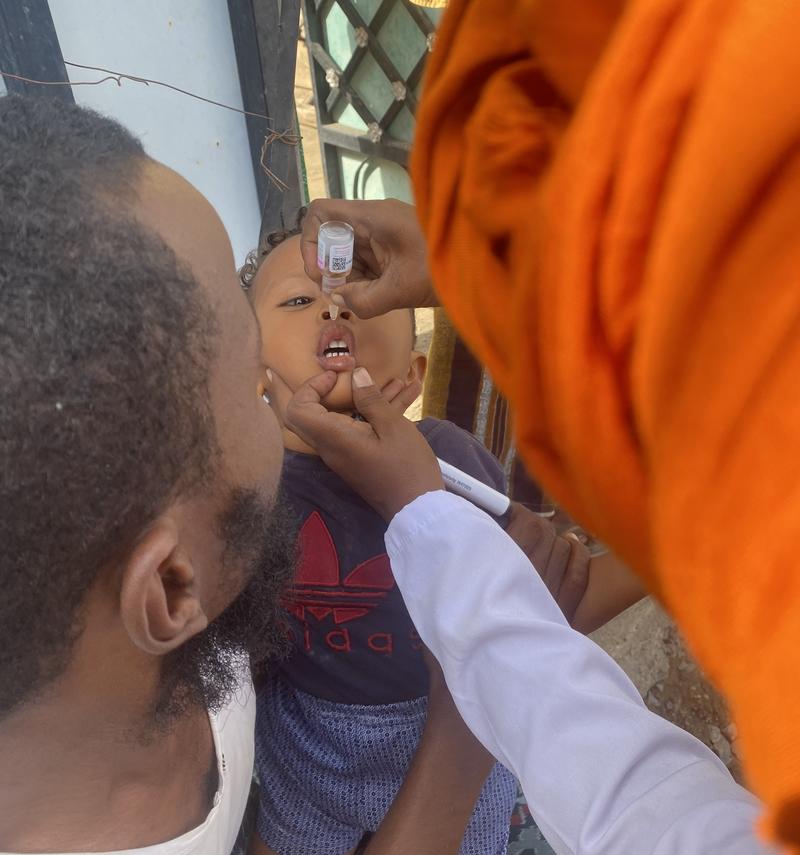
Learn about Esmail Yenus, a dedicated father in Ethiopia's Afar region, who is setting a powerful example of male involvement in childhood immunization. Discover how his support for his children’s health and his efforts to educate his community are improving vaccination rates and promoting health awareness.
Background: The Importance of Male Involvement in Health and Immunization
Men’s roles, responsibilities, and potential contributions were first highlighted as critical components in achieving gender equality at the 1994 International Conference on Population and Development (ICPD) and the 1995 United Nations Fourth Conference on Women. Social expectations of masculinity often influence men and boys’ behavior, directly affecting attitudes toward sexual and reproductive health, maternal and newborn health, HIV, gender-based violence, and other health issues. While past strategies have focused on empowering women, engaging men is now recognized as essential in transforming unequal gender norms and improving health outcomes and gender equality.
Men’s involvement in the health of their partners and children can significantly improve health outcomes. Evidence and program experience show that engaging men in maternal and newborn health has substantial benefits for both women and children, contributing to gender equality in low- and middle-income countries. A systematic review and meta-analysis indicate that interventions involving men are linked to improved maternal, newborn, and child health, better communication between couples, reduced workload, and an increased value placed on girls.
Esmail Yenus: A Model of Male Engagement in Immunization
Esmail Yenus, a 35-year-old father of two from Semera town, plays an active role in ensuring his children, Edris (4 years old) and Yenus (9 months old), receive their vaccinations. Edris has completed his routine immunizations at the Semera Health Center and has been certified accordingly. Yenus is currently undergoing routine immunizations and is scheduled to receive his first measles vaccine in the next two days. Both children have already received the nOPV2 vaccine. Esmail has been a consistent supporter of his wife’s efforts to ensure their children receive essential immunization services.
Esmail’s Proactive Role: Educating the Community and Ensuring Vaccination
Drawing from his experiences, Esmail has taken it upon himself to ensure his children receive all necessary vaccinations. By actively participating in their immunization schedules, he is not only protecting their health but also educating his neighbors about the importance of immunization. His proactive involvement includes reminding caregivers about appointment dates, covering transportation costs, and accompanying families to vaccination centers. Esmail’s efforts are promoting community-wide awareness of the critical role immunization plays in preventing disease and safeguarding children’s health.

Photo: Esmail Yenus stands with his children, representing the critical role fathers can play in ensuring access to life-saving vaccines.

Photos: Esmail Yenus, a father in Ethiopia’s Afar region, proudly holds his two children, showcasing his active involvement in their immunization journey.

The Impact of Male Advocacy on Community Health and Gender Equality
Esmail Yenus’ commitment to ensuring his children are vaccinated while educating his community exemplifies the power of male involvement in childhood immunization, showcasing how engaged fathers can drive positive health outcomes and foster a supportive environment for women and children.
Written by Chaudhary Mohd Parvez Alam, Polio Team Lead, UNICEF Ethiopia, and Biniyam Worku
Photos: © UNICEF Ethiopia/2024

